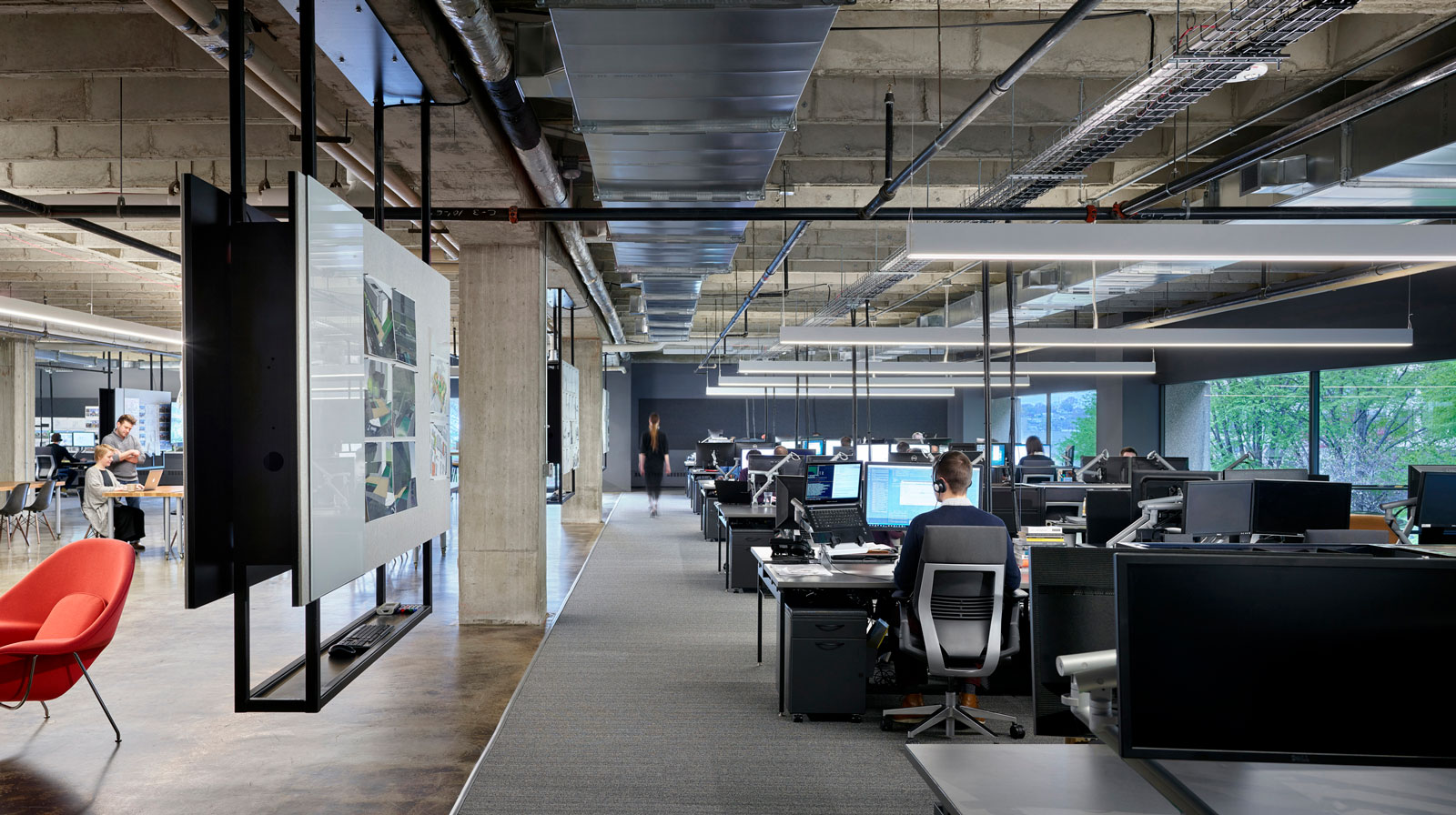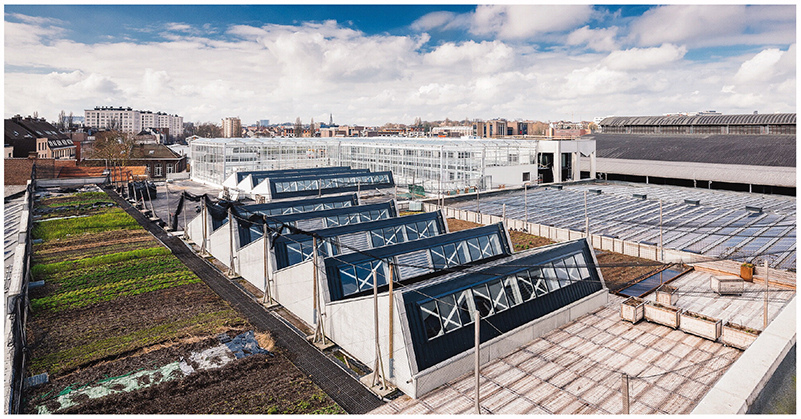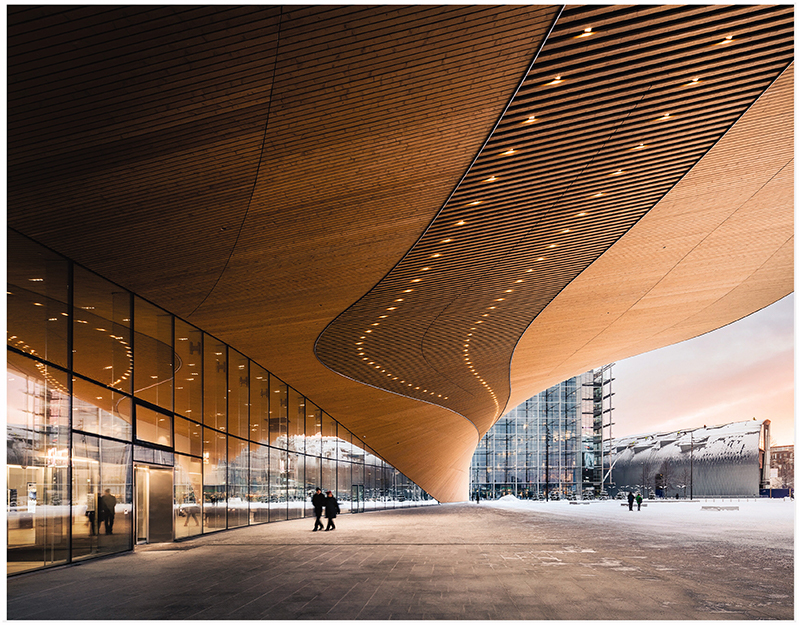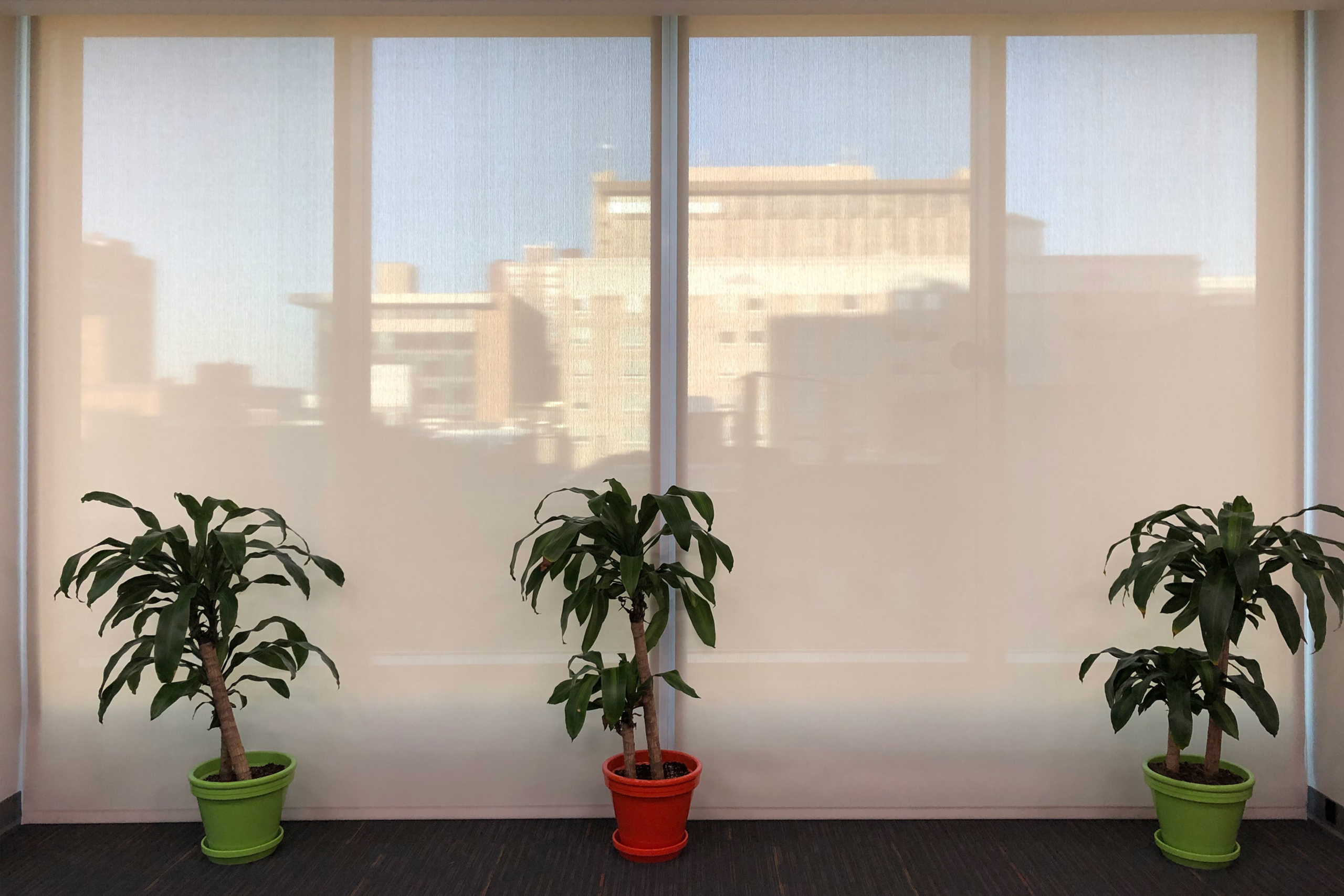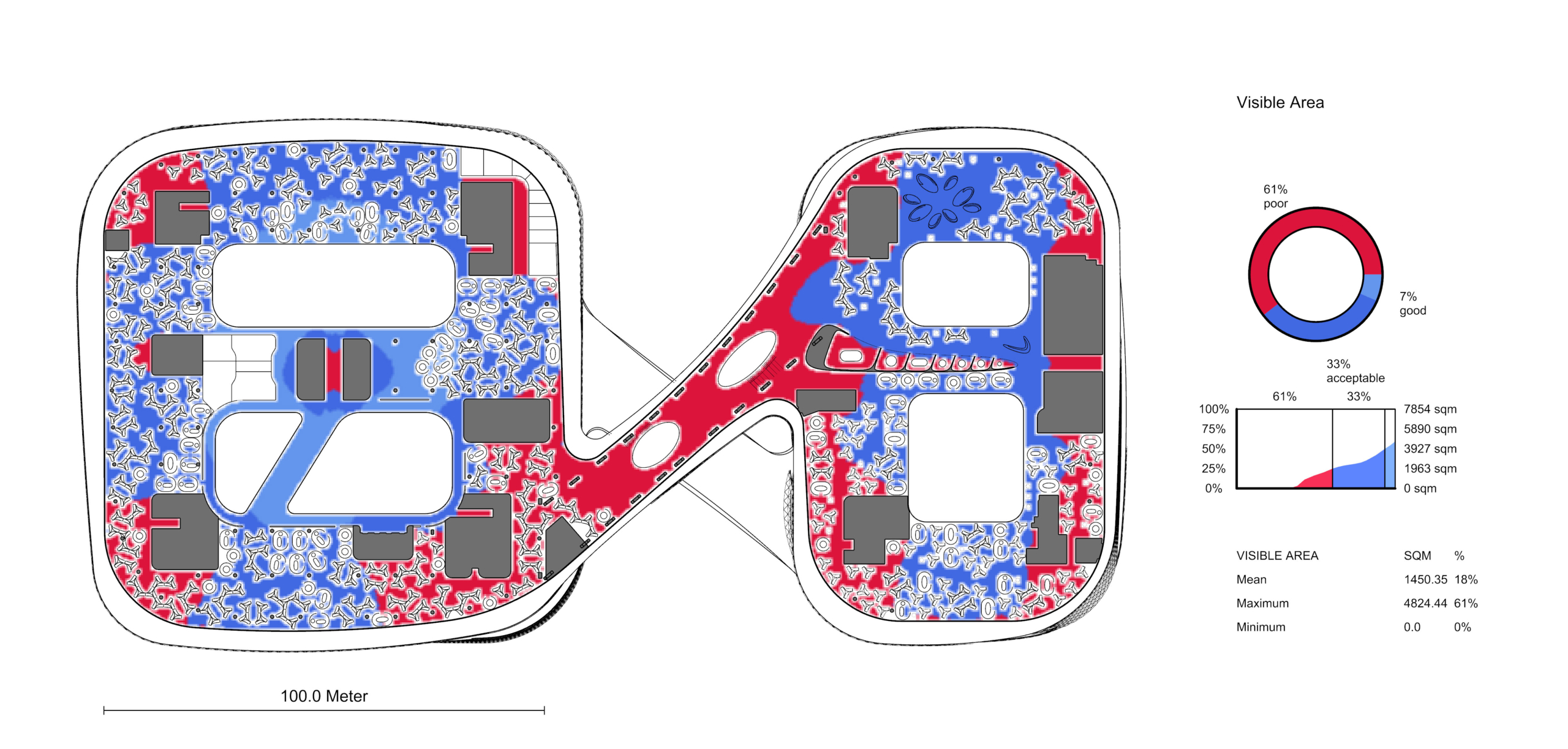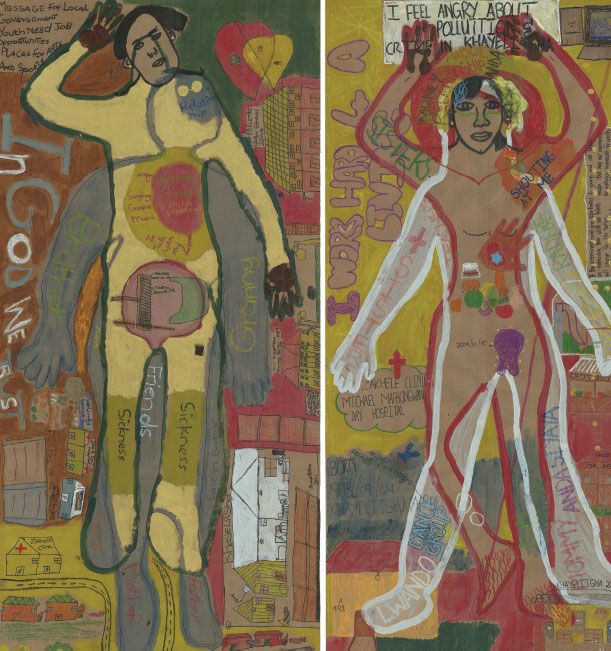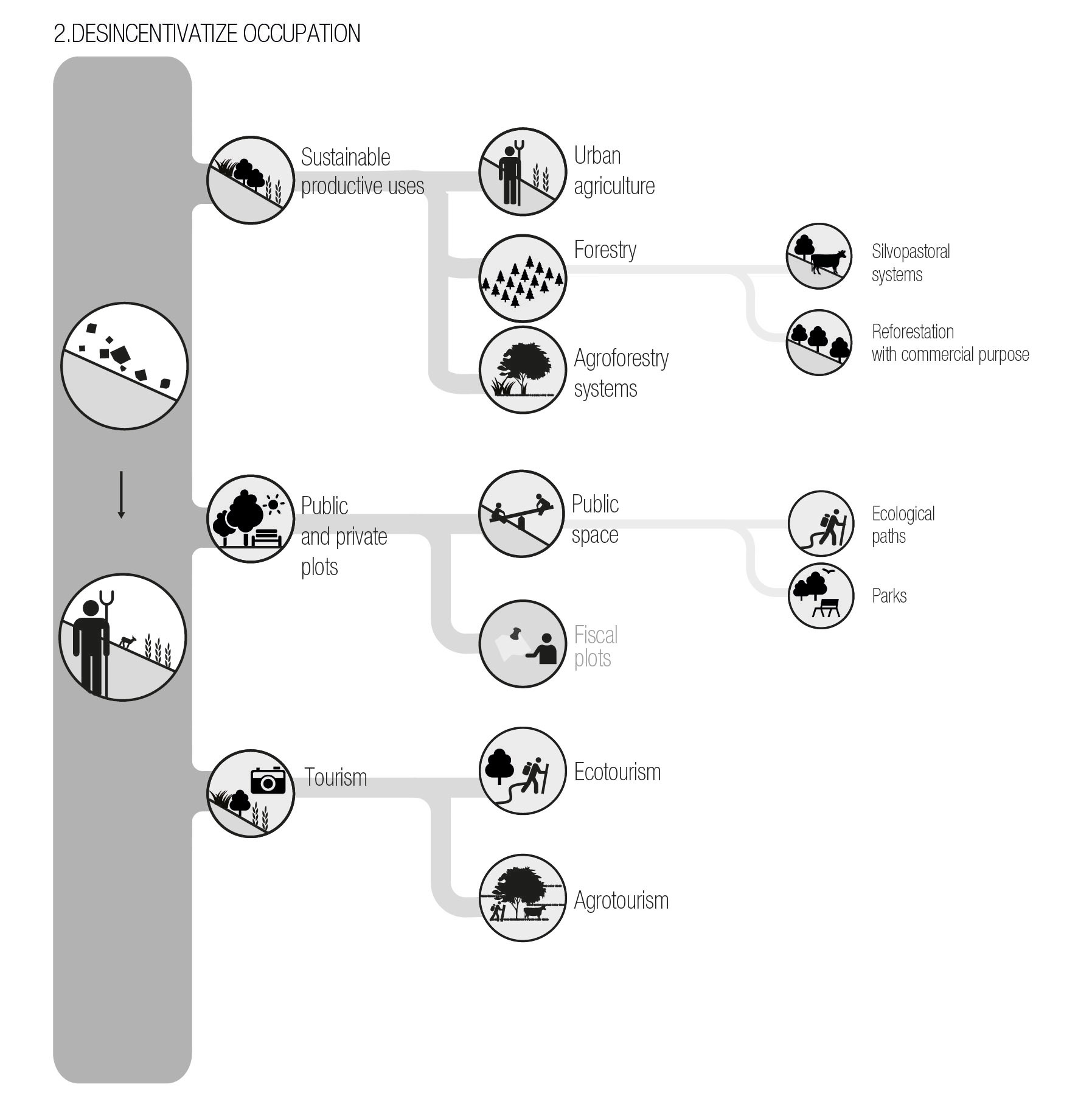Read
Explore current and past TAD issues and related content.
Publish
View submission guidelines, learn more about our review process and find helpful recommendations for publishing work in TAD Journal.
About
TAD Journal is a peer-reviewed international journal dedicated to the advancement of scholarship in the field of building technology and its translation, integration, and impact on architecture and design.


